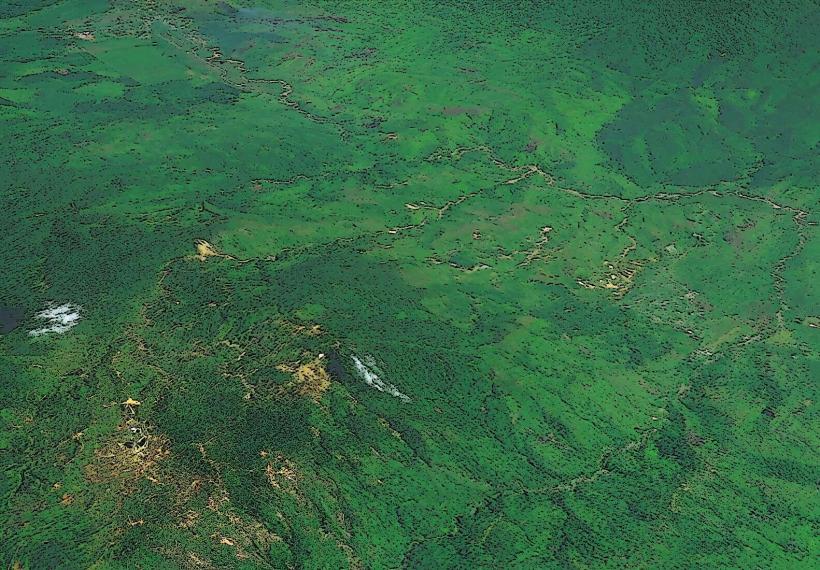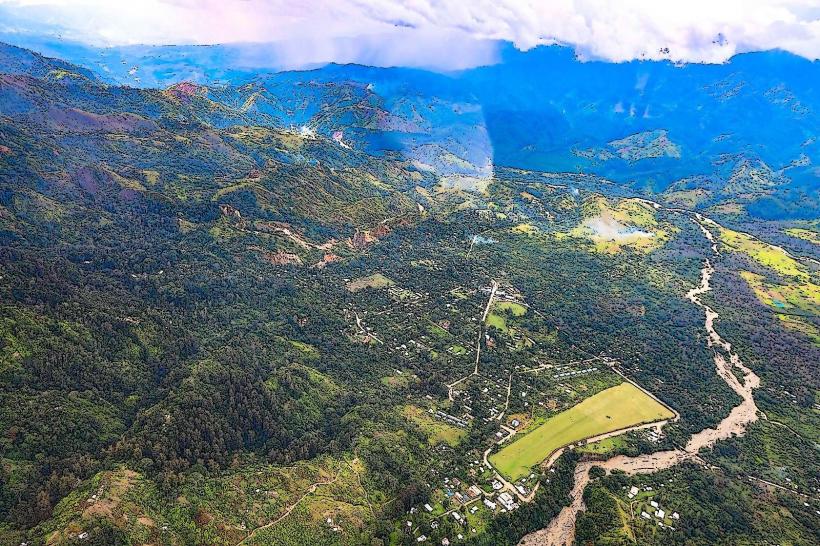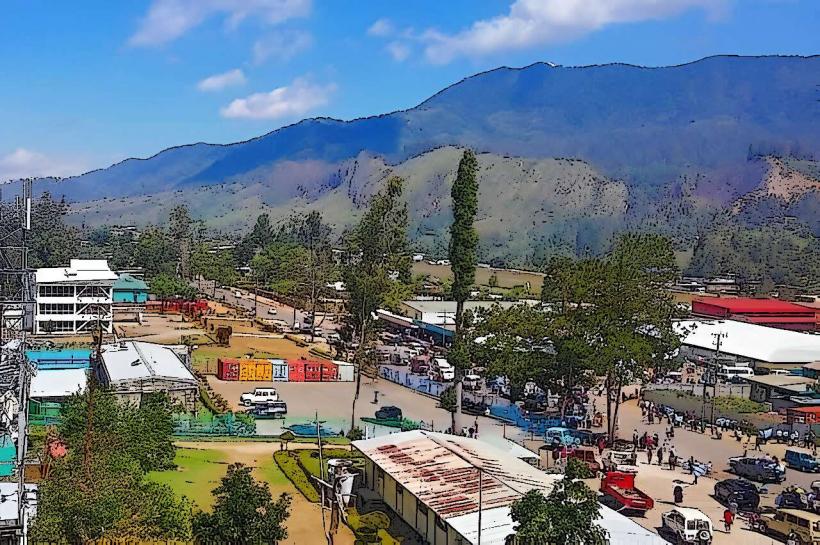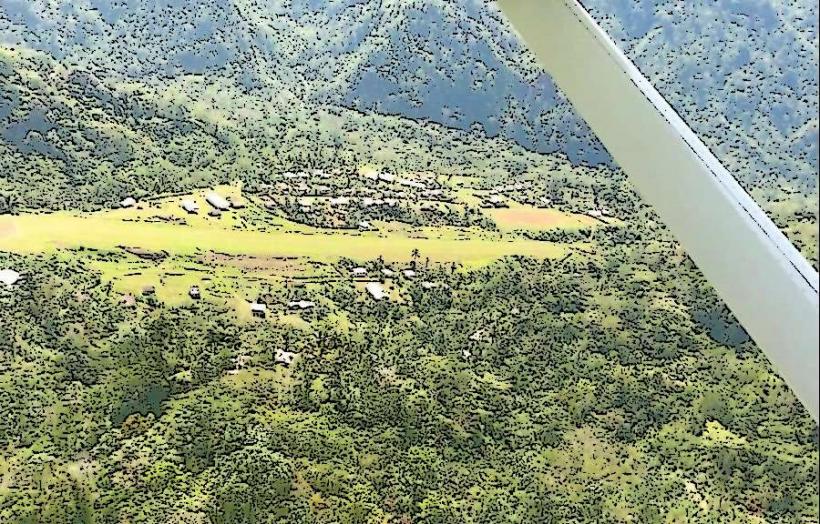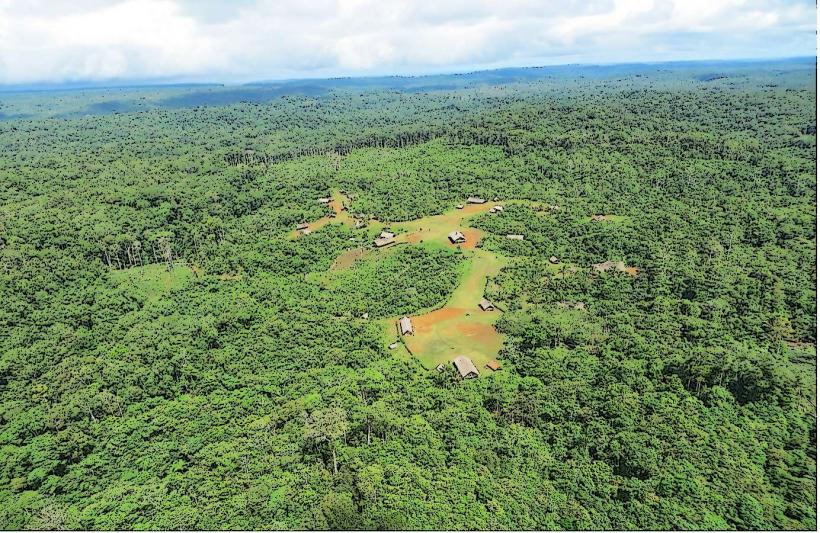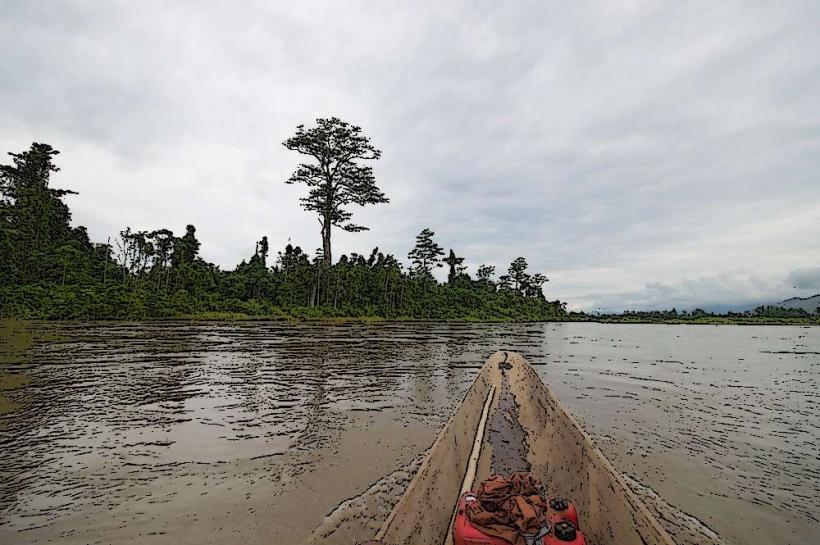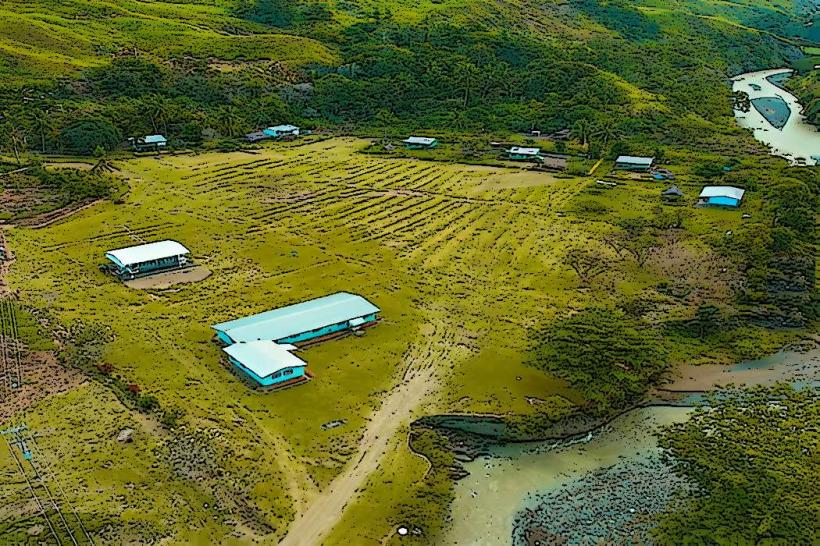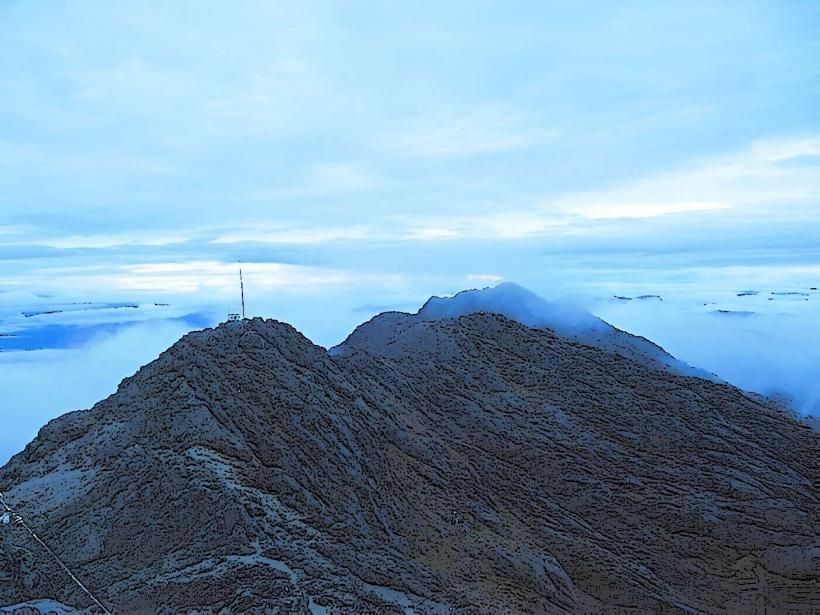Information
Landmark: Lake HegendaCity: Morobe
Country: Papua New Guinea
Continent: Australia
Lake Hegenda, Morobe, Papua New Guinea, Australia
Lake Hegenda is a freshwater lake located in the Morobe Province of Papua New Guinea. It is situated in the central highlands region of the country, near the town of Wau and the Watut River. The lake is known for its beautiful natural surroundings and its importance to the local environment and communities. Here's a detailed look at Lake Hegenda:
Location and Geography
Region: Lake Hegenda is located in the Morobe Province of Papua New Guinea, which is part of the larger Highlands region. It is situated near the Wau and Bulolo areas, in a mountainous and remote part of the province.
Elevation and Size: The lake is located at a relatively high altitude, nestled in a valley surrounded by rugged mountains. The exact size and depth of Lake Hegenda can vary, as it is influenced by seasonal rainfall and water levels.
Geographical Features: The lake is surrounded by dense forests and highland landscapes, with steep slopes and hills leading up to the surrounding mountains. The lush environment contributes to the area's rich biodiversity. It is located in a remote area, with access to the lake typically requiring travel through rough and sometimes unpaved roads.
Ecological and Environmental Importance
Freshwater Ecosystem: Lake Hegenda supports a variety of freshwater species, making it an important natural resource for the local environment. The lake’s waters are home to various species of fish, which are vital for the local communities who rely on the lake for fishing.
Biodiversity: The surrounding environment of Lake Hegenda is rich in flora and fauna, with tropical forests and montane vegetation. The area is known for its diversity of bird species, small mammals, and reptiles. It serves as an important habitat for wildlife, particularly for species adapted to the highland ecosystems of Papua New Guinea.
Water Source: The lake serves as an important source of water for local communities and wildlife in the region. Its fresh water supports agriculture, livestock, and household needs for the villages nearby.
Cultural and Social Importance
Local Communities: Lake Hegenda is important to the local communities in the Wau, Bulolo, and surrounding areas. These communities rely on the lake for fishing and as a water source. In many cases, the lake is also a central part of local traditions and lifestyles, with communities living close to it for generations.
Fishing and Livelihood: Fishing in Lake Hegenda provides a crucial source of food for the local population. Various freshwater fish species are found in the lake, and fishing is often done using traditional methods by the indigenous people.
Cultural Significance: Like many natural features in Papua New Guinea, Lake Hegenda holds cultural significance for the local people. It may be associated with traditional stories, spiritual beliefs, or local customs related to water and the environment.
Access and Tourism
Remote Location: Due to its location in a highland area, Lake Hegenda is relatively remote and not easily accessible. Travel to the lake typically requires a journey through rough, mountainous terrain. Roads in the area are often unpaved and can be challenging to navigate, especially during the rainy season when flooding and landslides may occur.
Limited Tourism: While Lake Hegenda is a beautiful and natural area, it remains relatively off the beaten path for tourism. There are few developed facilities for tourists, and access is mostly limited to local travelers and researchers interested in the region's natural environment.
Potential for Eco-Tourism: Due to its scenic beauty and ecological importance, Lake Hegenda has the potential for eco-tourism. Sustainable tourism initiatives could help preserve the natural environment while providing economic benefits to the local communities. However, careful planning would be required to balance environmental preservation with tourism development.
Environmental Challenges
Deforestation: The area surrounding Lake Hegenda, like many parts of Papua New Guinea, faces pressures from deforestation due to logging, agriculture, and other human activities. Deforestation can lead to soil erosion, reduced water quality in the lake, and a loss of biodiversity.
Climate Change: Changes in rainfall patterns and increasing temperatures due to climate change could impact the lake’s water levels and surrounding ecosystems. Fluctuations in the lake's size and water quality might affect local agriculture, fisheries, and wildlife habitats.
Water Pollution: There are concerns about pollution in the lake due to agricultural runoff, logging, and mining activities in the surrounding areas. Any pollution could negatively affect the health of the lake's ecosystem and the communities who depend on it for fishing and water.
Conclusion
Lake Hegenda is a beautiful and ecologically important body of freshwater located in Morobe Province, Papua New Guinea. Surrounded by rugged mountains and lush tropical forests, it supports a rich diversity of wildlife and provides crucial resources for local communities. Though remote and not widely accessible, the lake has potential for eco-tourism, and its preservation is important for both environmental and cultural reasons. The lake’s current challenges, including deforestation and potential climate change impacts, highlight the need for sustainable management practices to protect its future.

